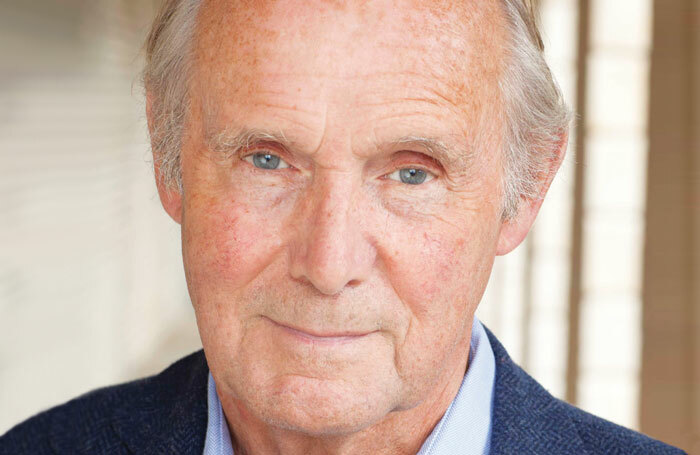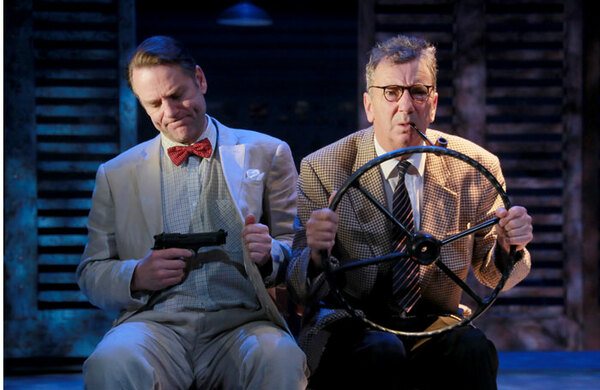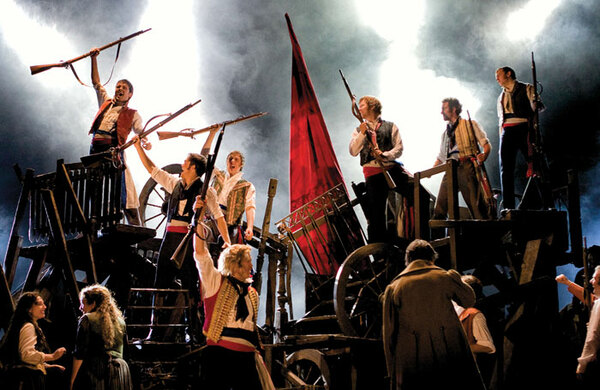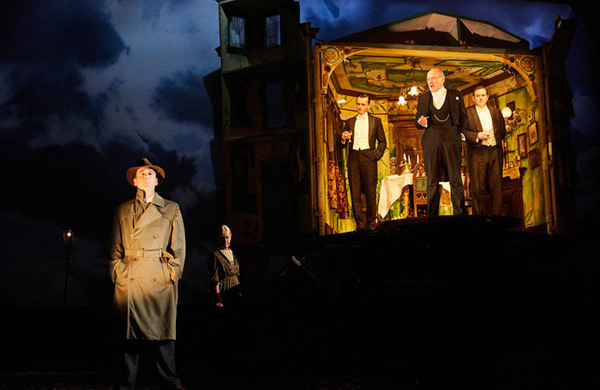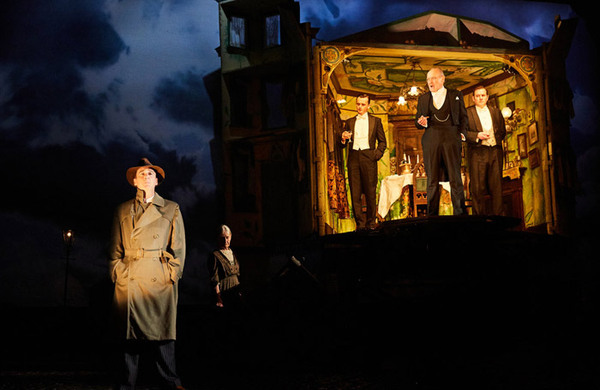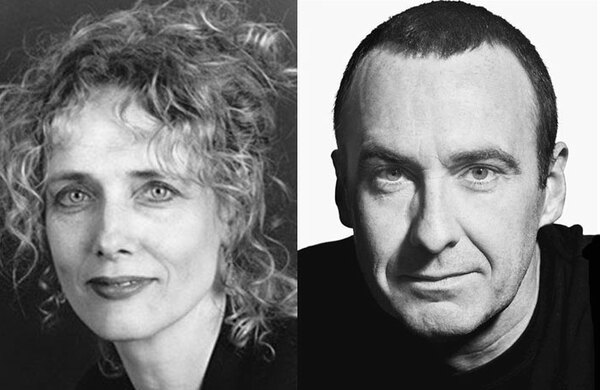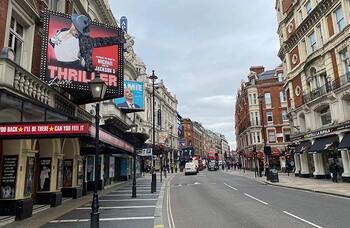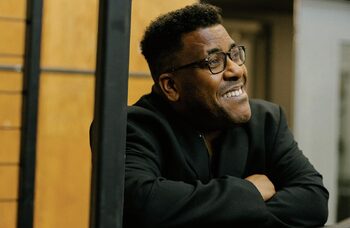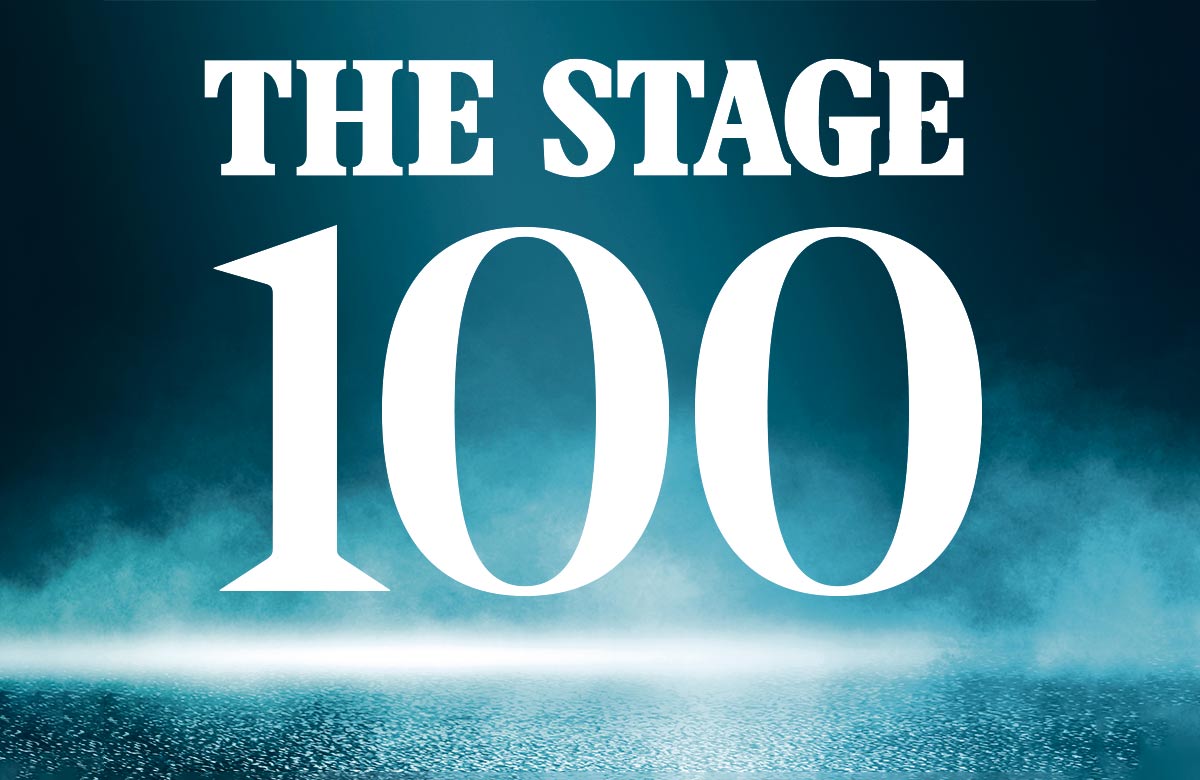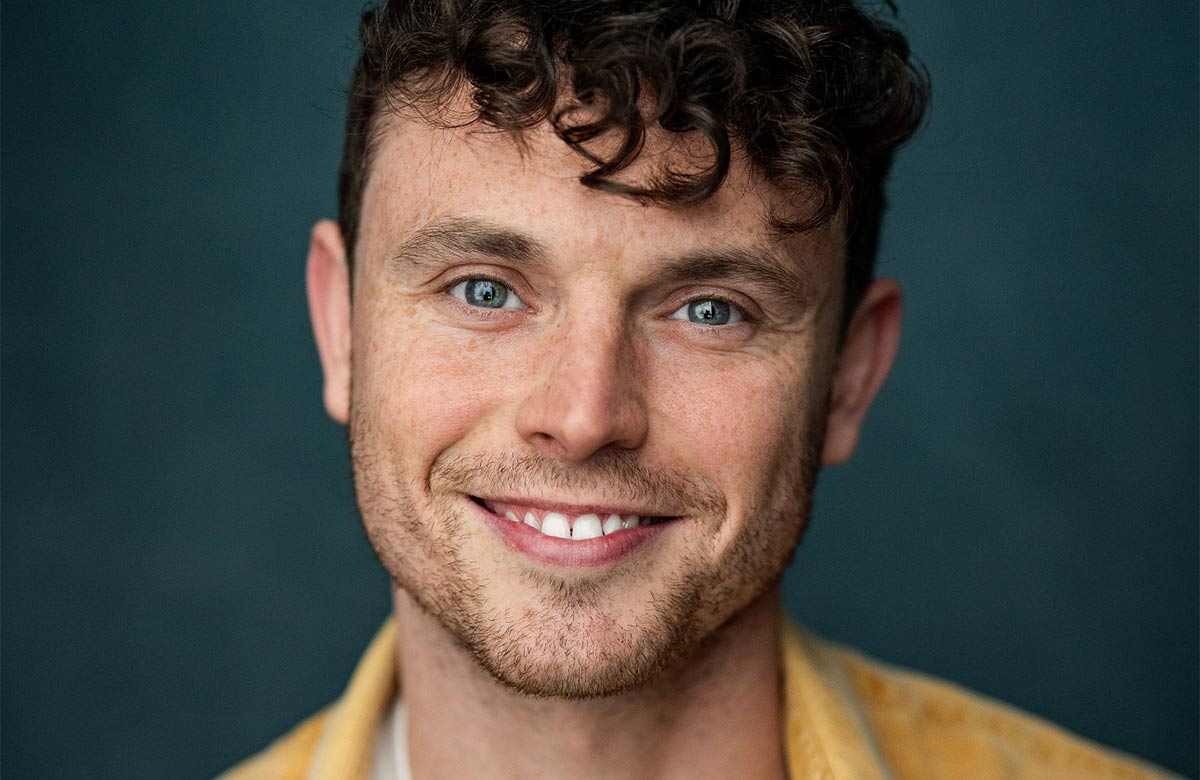Clive Francis: ‘I don’t mind getting older – the parts get more interesting’
Young actors looking at Clive Francis today, still fit and funny and youthful at 70, must feel in awe of his extraordinarily varied career on stage and screen that has scarcely stalled in half a century. It is exactly 50 years since Francis appeared in an early BBC adaptation of David Copperfield, opposite Ian McKellen, the first of many classic TV serial roles that included Poldark’s posh cousin in the original 1970s version, and Randolph Churchill to Richard Burton’s hilariously miscast Winston in Churchill’s People, also in the 1970s.
Stagestruck from an early age, Francis was in awe of Burton’s screen charisma when growing up, even though his own father, Raymond Francis, was himself a high-profile TV actor with his own long-running series, No Hiding Place. While his peers were listening to Cliff Richard and Marty Wilde, the teenage Francis’ most prized recordings were Gielgud’s Ages of Man, and Olivier’s Hamlet.
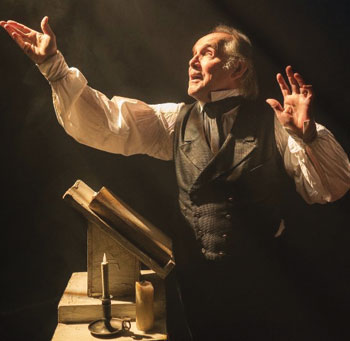
“I knew every speech by heart,” he reveals. “Years later, when I worked with both of them, it was a dream come true. They’d been my childhood heroes. I worked three times with Gielgud and got to know him quite well. I edited a book in honour of his 90th birthday.”
Having left school at 15 with one O level (art), Francis was packed off to Bexhill-on-Sea by his father to join the Penguin Players, the local rep company, as he was too young to be eligible for drama school. “I was a student assistant stage manager and wasn’t allowed to utter a word on stage for my first nine months. My first role was a village idiot in a play called The Red Tent.”
Despite his luxuriant blond hair and pretty-boy looks – there is a London Film School production somewhere in which he is Romeo in a RADA production of Romeo and Juliet – Francis always preferred character roles. “I loved playing bounders and villains, so my looks were against me for years. I’ve never minded getting older because the parts get more interesting the older you are.”
He describes his two years in rep as “an adventure playground of learning” and regrets it is no longer available to young actors emerging from drama school. “The kids I speak to now all seem to have this vision of becoming stars and doing movies. But it’s not just a question of having a burning passion to act, you have to really work at getting better and honing your craft. One or two may make the big time, but so many fall by the wayside because they become disillusioned and disheartened.
“One of my bugbears is that drama schools don’t give students a grounding in the history of acting. If you go to art college or music college you’re taught about what’s gone before, but not in drama schools. I’ve even suggested to Edward Kemp [principal] at RADA that they devote an hour a week to the history of drama and acting. I believe it is important to understand your heritage, how styles of acting have changed, the parallels between old and new styles. We’re all moving into a great big family of acting, and to not know who your ancestors were seems to me crazy and short-sighted.”
Continues…
Q&A: Clive Francis
What was your first non-theatre job? Selling candyfloss on the seafront in Eastbourne.
What was your first paid theatre job? Student ASM at Bexhill-on-Sea for £1 a week.
What do you wish someone had told you when you were starting out? Not to use so much five and nine [make-up].
Who or what was your biggest influence? Gielgud and Kenneth More. One of the great thrills of my childhood was opening a Christmas card every year from Kenneth More.
What is your best advice for auditions? Don’t turn up with your script in your hand. Learn your audition speeches inside out and backwards, and take lots of deep breaths.
Do you have any pre-show rituals or superstitions? When I was in rep at Bexhill-on-Sea, the older actors used to kiss the side of the stage before going on, so I thought I’d better do that too. After a while it struck me as daft, so I stopped doing it. These days, I take a deep breath and hope for the best.
Another thing you’re unlikely to learn at drama school is how to deal with unemployment. Again, it is an area in which Francis has been unusually resourceful.
“I went to see a clairvoyant when I was feeling particularly low,” he says, “and she asked me if I’d ever thought of writing. I replied that I couldn’t even spell, let alone write. Some time later I was appearing in Giles Havergal’s adaptation of Travels With My Aunt, and I was so impressed with what Giles had done with Graham Greene’s book that I went home and took The Hound of the Baskervilles off the bookshelf, flicked through it, and thought ‘Right, I’ll have a go’ ”.
That was the start of his second string career as an adapter of classic texts. He followed Hound of the Baskervilles with Three Men in a Boat, Our Man in Havana, The Lavender Hill Mob, Ben Travers’ Thark, and his own solo performance of A Christmas Carol, which he has done every festive season since 2000. Every festive season, that is, until the upcoming one. This year, he will be ensconced at the Playhouse Theatre, London, playing the patriarchal Arthur Birling in the latest revival of An Inspector Calls, Stephen Daldry’s clever reinvention of JB Priestley’s mystery-cum-socialist-polemic about an affluent Edwardian family called to account for their casual indifference to the fate of a girl they all regarded as their social inferior.
Though previously unacquainted with the play, Francis appeared in a 1980 London production of Dangerous Corner when he got to meet Priestley on the first night. “He was coaxed up on to the stage at the end of the performance and we all met him backstage afterwards. My recollection is he was charming and funny and self-effacing.
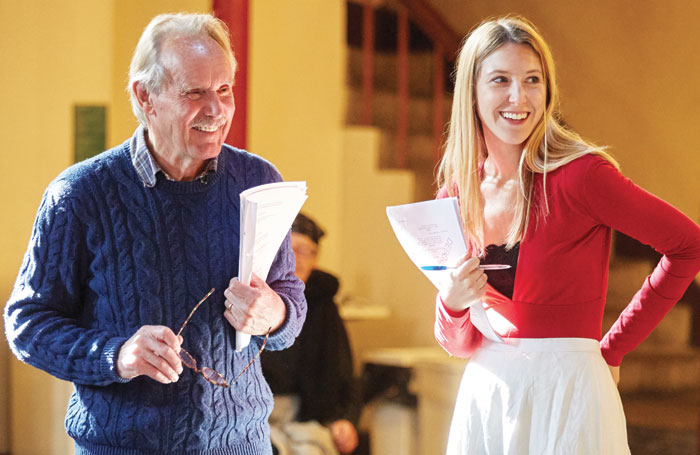
“I think when Stephen [Daldry] suggested doing An Inspector Calls at the National, Richard Eyre was extremely sceptical about it but gave Stephen six months to work on it with the designer Ian MacNeil. They took it apart and put it back together again. It’s now played all over the world and the play has been a GCSE text for years. I think we’re even doing some schools matinees at the Playhouse.”
Francis himself is no stranger to deconstructing classic texts and reassembling them in his own image. One of the positive by-products of a truncated education is that he has always been a voracious reader and hungry for knowledge. “I felt inferior to properly educated people for years and I’ve always worked very hard on scripts to make sure I knew exactly what the author was saying. I’ve read nearly all Dickens several times, which is an education in itself.”
A self-confessed workaholic, Francis always has umpteen projects on the go, and shows no sign of slowing down. Three of his adaptations – The Hound of the Baskervilles, Our Man in Havana and Susan Hill’s The Small Hand – will be going on the road next year, and a new show about Dickens and the theatre is awaiting a try-out, with Francis himself as the great man. “He was a frustrated actor and he poured all his love for the theatre into his writings. It pops up all over the place. Many of his best characters are virtually variety turns.
“Even though they can be quite lonely, I love doing solo shows. I sometimes recite them to myself on long train journeys, just to keep my hand in. The other passengers must think I’m a bit barmy.”
He can also be seen as the ruthless Lord Salisbury in the new Netflix series The Crown, directed by Daldry.
The third string to the actor’s bow is, of course, his brilliant theatrical caricatures, which have adorned biographies of Gielgud and Guinness, among others, as well as being collected into a book, Laugh Lines, published by Hodder and Stoughton.
“I’m so lucky to be able to do the three things I love most – acting, writing and drawing – with a modicum of success. Even when I was growing up as a kid in Eastbourne I used to have a sketchbook with me at all times. When you think about it, character acting and caricature are quite closely related.”
CV: Clive Francis
Born: 1946, Ealing, London
Training: RADA, 1964-66
Career highlights: Theatre: A Christmas Carol (2000), 84 Charing Cross Road (2015)
TV: Entertaining Mr Sloane (1968), Sense and Sensibility (1971), Poldark (1975), The Piglet Files (1990), The Crown (2016)
Film: Mr Turner (2014)
Agent: Simon Beresford
An Inspector Calls is at the Playhouse Theatre, London, from November 10 to February 4
Opinion
Recommended for you
Opinion
Recommended for you
Most Read
Across The Stage this weekYour subscription helps ensure our journalism can continue
Invest in The Stage today with a subscription starting at just £7.99
